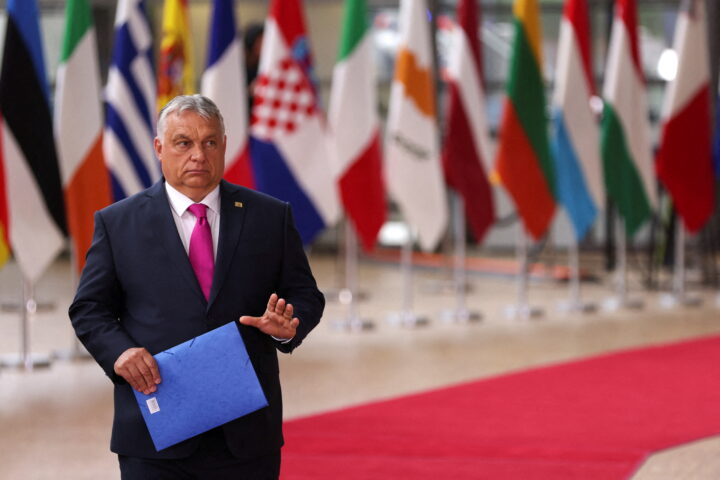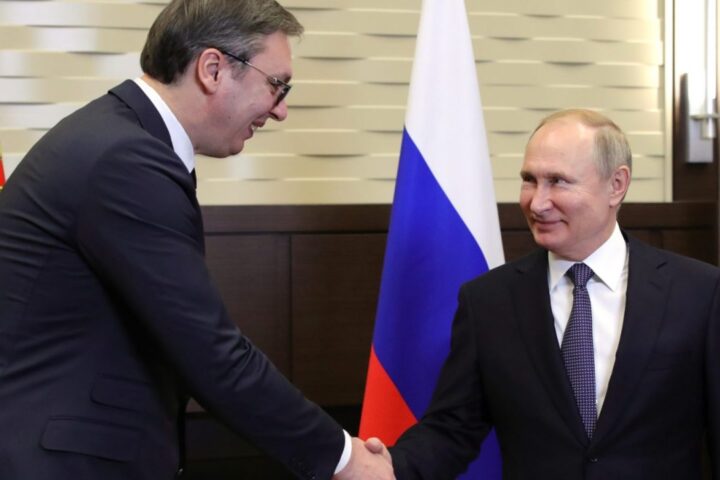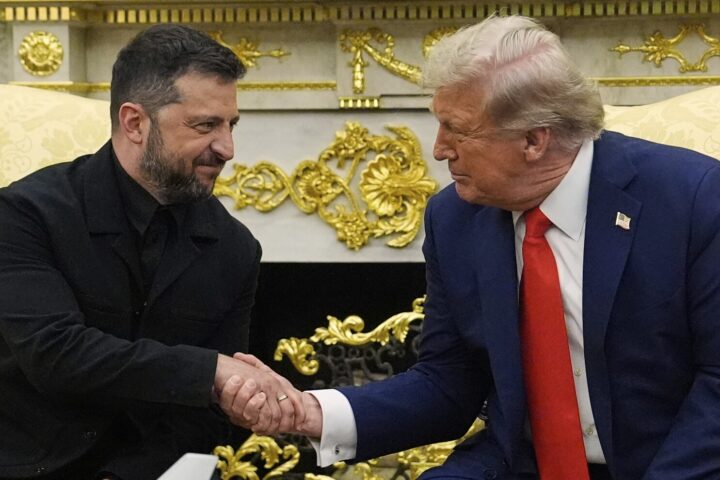Russia is increasingly using its war in Ukraine as a lever to challenge American influence, targeting economic interests and testing Washington’s resolve. On September 2, the Atlantic Council reported that following the Alaska summit, Moscow not only dismissed its commitments but also escalated its aggression, striking sites linked to US economic and political interests. The most symbolic example was the shelling of an American-owned plant in Ukraine, which was widely seen as a direct provocation aimed at undermining Washington’s authority.
Direct challenge to Washington’s authority
The attack was more than just a blow to infrastructure. It served as a message that Russia is prepared to strike facilities tied to American interests, signaling Moscow’s readiness to provoke the United States without fear of consequences. By failing to honor promises made to former President Donald Trump, while simultaneously intensifying war crimes, President Vladimir Putin created the impression that the Kremlin can defy the US without repercussions. This undermines trust among European allies in American security guarantees and sets a dangerous precedent for other adversaries.
Undermining US credibility and unity with Europe
Each Russian strike on Ukraine’s civilian infrastructure is not only a war crime but also a test of US credibility. Inaction in the face of such assaults erodes Washington’s image as a guarantor of global security. Moscow’s strategy is aimed at driving a wedge between the US and its European allies, portraying Washington as unable to defend even its own economic assets. This image, amplified by Russian propaganda, weakens American influence on the international stage and emboldens adversaries who see hesitation as weakness.
From escalation to long-term exhaustion
By intensifying attacks after the Alaska summit, Moscow openly defied Trump’s warnings of “serious consequences.” This reduced US ultimatums to empty threats and diminished Washington’s authority as a global security arbiter. At the same time, the Kremlin seeks to drag the US into a war of attrition, forcing it to spend resources on supporting Ukraine while projecting the idea that American actions cannot alter the course of the conflict. Such a strategy deliberately fosters the perception of US impotence, inviting further challenges from rivals such as China, Iran and North Korea.












